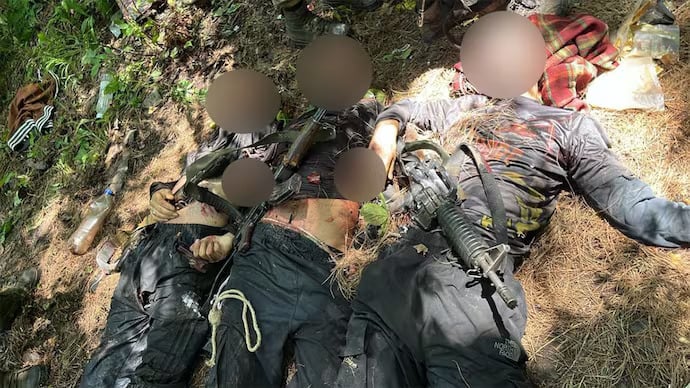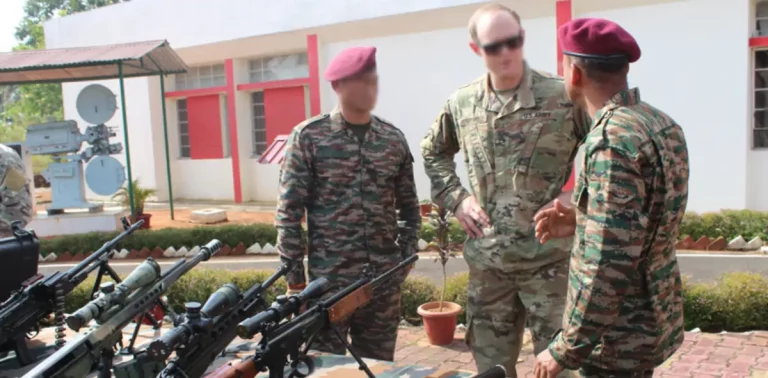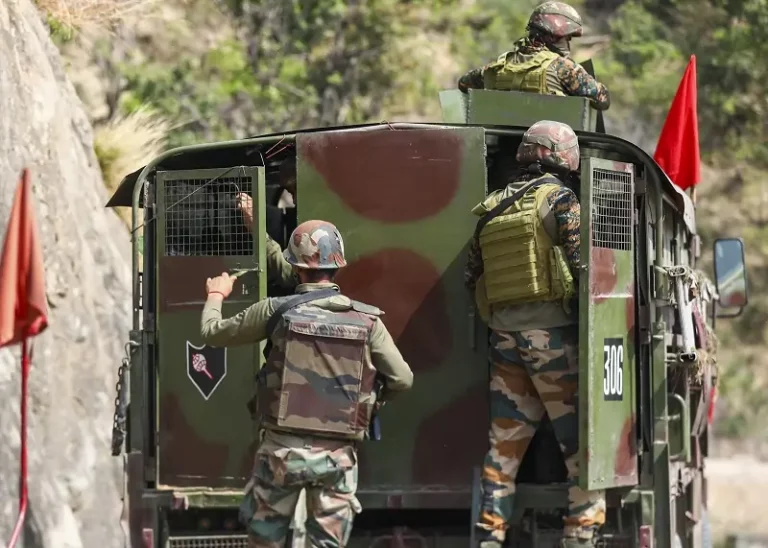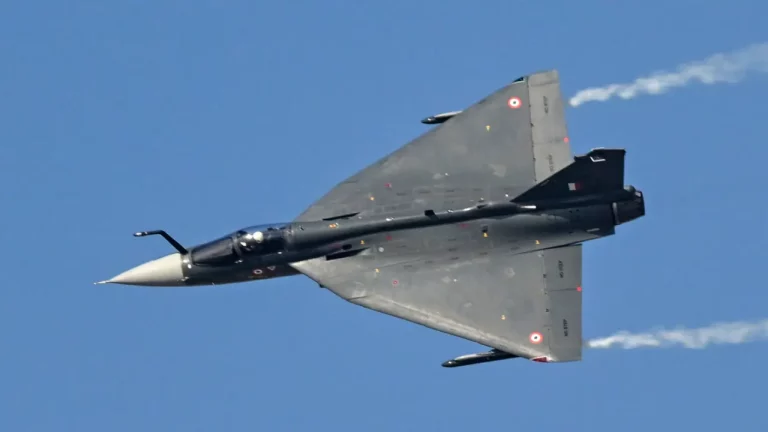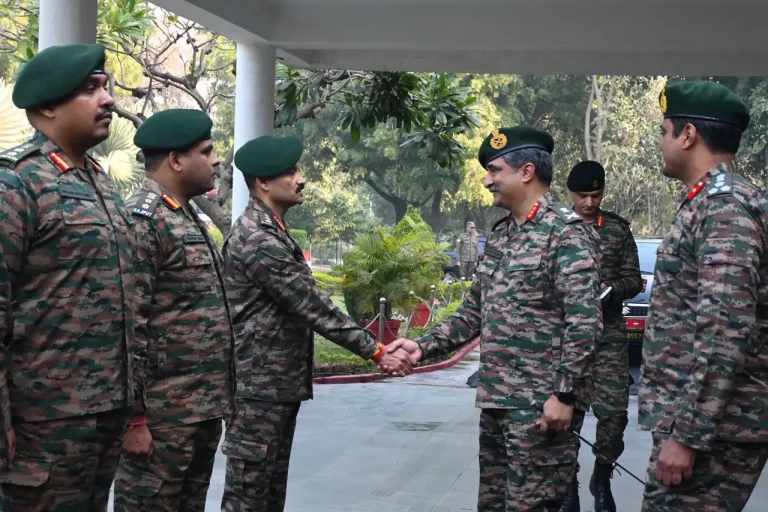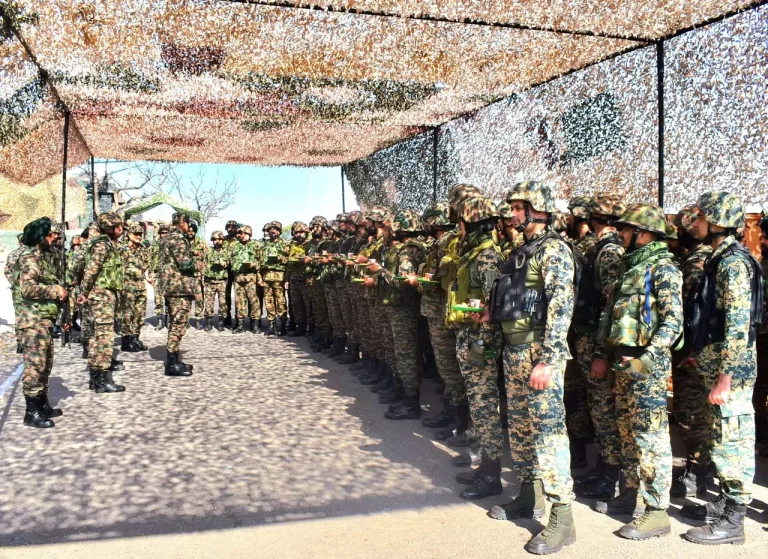In a significant escalation in the ongoing conflict in Jammu and Kashmir, a top commander of the terror group Lashkar-e-Taiba, Suleiman Shah, also known as Musa Fauji, was confirmed dead following a confrontation with Indian forces. Shah, identified as the mastermind behind the deadly Pahalgam attack that resulted in the deaths of 26 civilians in April, was killed alongside two other terrorists during a joint operation conducted by the Indian Army and Jammu & Kashmir Police.
The operation, dubbed Operation Mahadev, was launched in the Dachigam area near the Mahadev ridge after weeks of tracing suspicious activities linked to the terrorists. Initial movements in the dense jungles spurred elite units from the 24 Rashtriya Rifles and 4 PARA to mobilise around 11:30 AM to neutralise the threat.
Intelligence reports indicate that Suleiman Shah was not only pivotal in orchestrating the Pahalgam massacre but was also connected to the grisly killings of seven workers involved in a major infrastructure project on the Srinagar-Sonmarg highway in 2024. This connection underscores the severity of his involvement in acts of terrorism within the region.
Sources reveal that the terrorists were caught unawares in their temporary hideout, where they were resting, allowing security forces to execute a swift and effective response. The encounter led to the recovery of substantial weaponry, including 17 grenades, an M4 carbine, and two AK-47 rifles.
Security forces had initiated thorough surveillance of a combined Lashkar-Jaish module operating in the area after intercepting satellite communications earlier in the month. Local nomadic communities played a crucial role in providing intelligence, while the recent surge in communication signals narrowed the terrorists’ location, culminating in the successful encounter on Monday.
The operation’s name, ‘Operation Mahadev’, reflects its geographical context between Mahadev and Zabarwan ridges—a strategic choice aimed at disrupting terrorist activities in a region known for its difficult terrain.
As investigations related to the Pahalgam attack continue, the National Investigation Agency (NIA) has previously apprehended two locals accused of sheltering the attackers. While the confirmation of Suleiman Shah’s involvement in the Pahalgam incident awaits forensic validation following the identification of the deceased, intelligence sources maintain that he was central to both planning and execution.
The deadly attack on April 22, which unfolded in the scenic Baisaran Valley — often referred to as “mini Switzerland” — was marked by the targeting of individuals classified as non-Muslims, underlining its brutal intent. The Resistance Front (TRF), a subsidiary of Lashkar-e-Taiba, subsequently claimed responsibility for the assault.
This latest development coincides with a parliamentary session dedicated to discussing the Pahalgam massacre, along with India’s military strategies under Operation Sindoor. Opposition leaders have voiced ongoing concerns about governmental delays in addressing the terror threat, and the neutralisation of Suleiman Shah is being hailed as a major victory in India’s counter-terrorism efforts.
